Dependency Depends on You
The debt crisis is at the top of nearly everyone's mind lately, but there is another crisis that needs attention: the dependency crisis. The Heritage Institute recently released the 2012 Index of Dependence on Government, which, as you might have guessed, shows that dependency has grown rapidly in the last ten years. The graph below shows the newest benchmark in our growing dependency, but what I want to talk about here is the unseen hand behind this trend.
Before I get too far into this article, I must admit that I am by no means living a completely dependent free life. Off of the top of my head I can list college aid, food stamps, energy assistance, and health assistance in the form of medicaid as programs that I have taken advantage of. As a result, I have an intimate knowledge of the usefulness and the harm of these programs. The usefulness is obvious, there were months where my family and I would have had to beg to get by without assistance. We are not particularly unable either, I assume that there are many more families in much worse conditions that were saved from tragedy by these programs.
The harms, however, are great indeed. First, the growth of dependance in a democracy is especially harmful because there is always a risk that programs become supported not out of the good they can do for the community, but out of the good they can do for a particular voting block. This act of self-interested voting is the unseen hand I alluded to earlier and the main cause, in my mind, for the growth of dependency in the U.S. The second major harm of these programs is that there is no connection between the giver and the receiver. When a recipient of food stamps recharges their EBT card, there is no direct emotional connection that inspires duty or shame on the behalf of the receiver. I feel more shame when I need to ask for money from my family, for example, than I do from using a food card. I don't think I am alone and although it may be hard to see, shame is good. For those that are able, shame and duty are great motivators and without them it is easy to see aid as less of a gift and more of a right.
The combination of viewing aid as a right and the power of the vote lead to an overgrowing table of dependency that will continue to spread until nearly everyone is sharing in the deserts while only a few are actually making them. Hopefully, we will have the moral will to vote against our own self-interest when the time comes.
More From Newstalk KGVO 1290 AM & 98.3 FM









